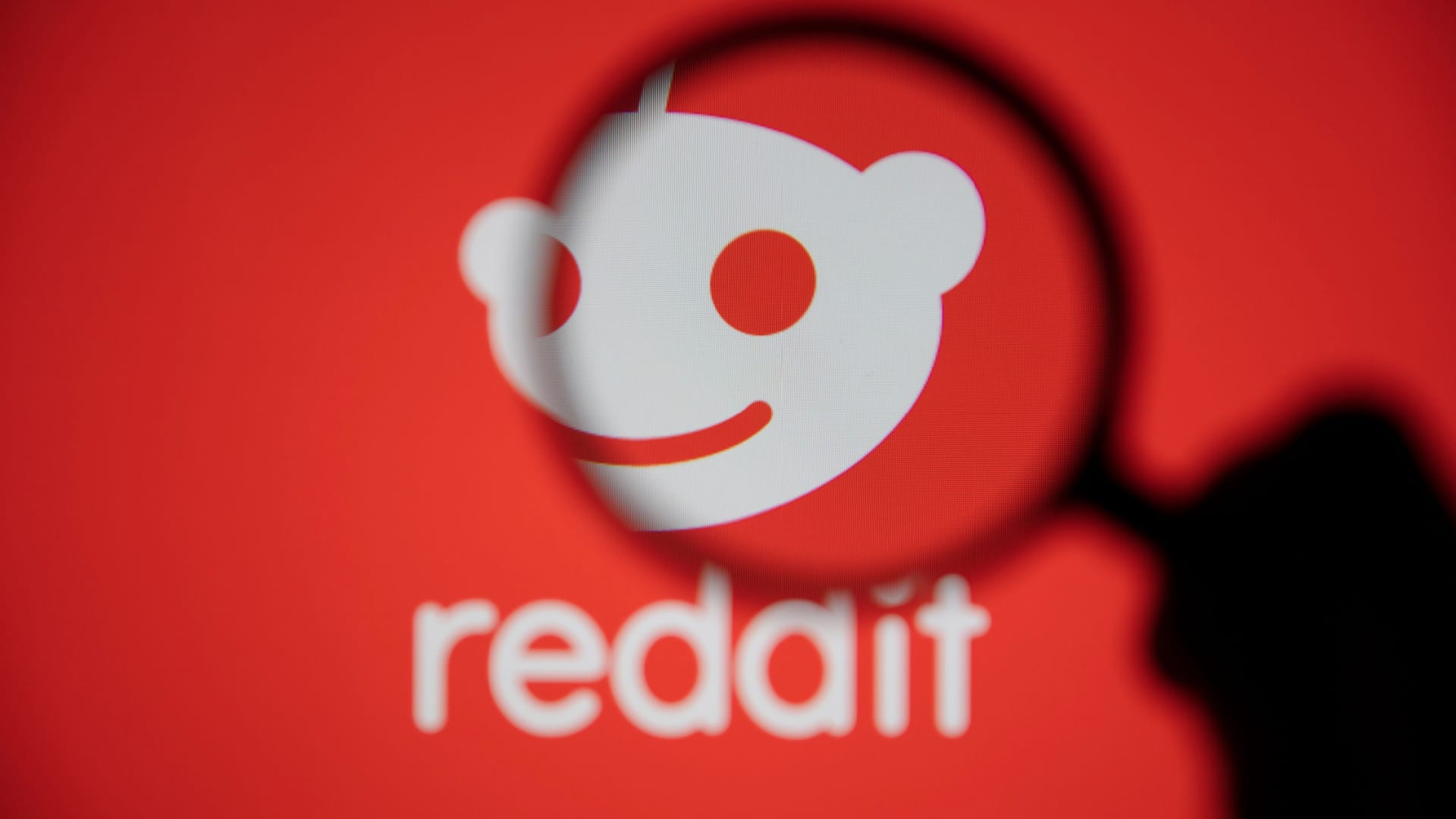Why oh why oh AI
The news about AI and internet content just keeps coming. And that's before AI starts writing it itself…

Once upon a time there was so much news about Facebook that I briefly wrapped it up in “Facebook Five” updates. Those days are long gone, as Facebook becomes an old person's network. As one student put it to me “why would I go where my racist uncle hangs out?”. We've hit that stage with AI news now, with story after story after story crossing my radar about it. So, today's newsletter will be somewhat AI-centric — and I'll try to keep it to once a week.
Wish me luck.
Transparency in AI
Let's start serious: this is a useful long article about transparency labelling when using AI in publishing. I'm still deeply unconvinced that using generative AI to produce whole articles is anything but a brand-destroying race to the bottom but, if you're going down that path, this is a useful approach.

Training troubles
Remember yesterday's point about the AI companies flinging cash at publishers? Well, turns out that publishers pocketing the tech cash doesn't always translate into happy staff…

Paydit for Reddit
A while back there was a furore about long-running social site Reddit changing its API terms, and killing off independent apps like the much-loved (and missed by me) Apollo.
Everyone assumed that this was a first move towards charging big companies for access to Reddit data. And everyone assumed correctly. In fact, it seems to be about more than AI training — if search engines want to index Reddit, they now appear to have to pay:

And that's led to a war of words between Reddit and Microsoft…

Did Apple depress Substack open rates?
Apple is often the enemy of analytics, doing its best to close down tracking on its devices in the name of user privacy. It's become a major marketing point for the brand:
However, for once it seems to have hit tracking by accident, through an outage with iCloud's privacy services. The interesting thing is that Apple's email privacy features tend to inflate open rates:
Many would expect that during the recent outage, open rates for Substack newsletters would have gone up, not down. If Mail Privacy Protection was taken offline, it could no longer obscure user activity. Thus, publishers should have seen higher open rates for their messages.
So why did open rates go down, not up?
It’s because the outage meant the numbers were actually closer to the true open rates.
The truth hurts…

Finally: good news
Finally, the WSJ reporter who has been imprisoned in Russia as part of a political game, is free. He was part of a major prisoner swap organised by the Biden administration.











